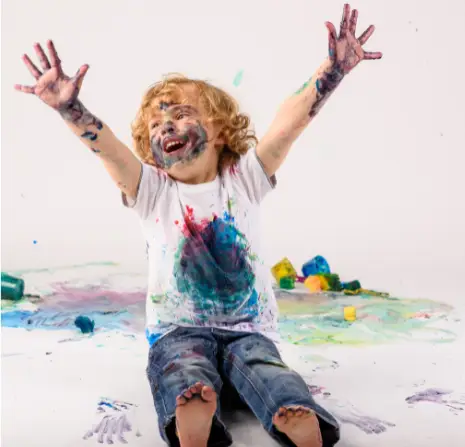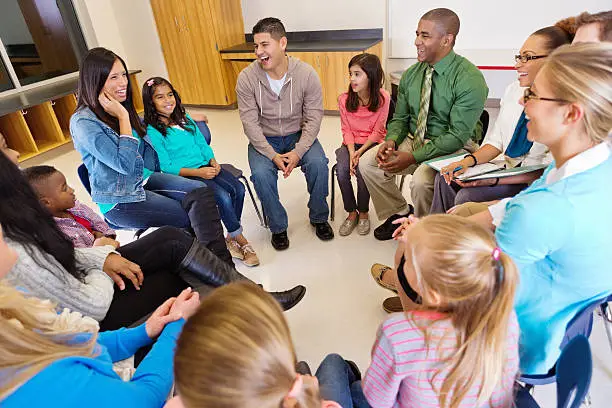For the parents with toddlers – yeah – this one’s for you!
Maybe you need to hear this validation from me to further settle your heart and mind (and senses): those toddlers making a ‘mess’ – are PERFECTLY FINE!
Yes! I said it – ABSOLUTELY, POSITIVELY, UNDOUBTEDLY – A – OKAY!
So the excess tissue roll that’s been unrolled around the TV, or the paint marks on the table you just cleaned, or the shredded paper mixed with Play-Doh stuck to the side of the carpet that is testing your OCD-ness… yeah, this post is about just how BRILLIANT that mess is.
Free yourself! Well, let me be clear here: I’m talking about ‘mess’ between the ages of 0 and 5! This particular season of a child’s life is coined early childhood. In this season of a child’s life, mess plays an important role in cognitive, emotional and social development.
I thought I’d dig out a few valid reasons why ‘mess’ is so important:
- SENSORY. SENSORY. SENSORY
If you happened to be a new parent, you know that this is a buzzword for early childhood development. Research published in the Early Childhood Education Journal in 2020 says messy play helps young children build connections in their brains that are essential for language and cognitive skills. This makes sense, seeing as messy play often involves a variety of sensory experiences, such as touching, smelling, seeing, and sometimes even tasting different textures, temperatures, and substances (just hoping it’s not playdough they’re tasting). An example of this would be playing with mud, sand, or paint, which can help children with later learning and behaviour regulations since these activities aid in developing sensory processing skills (this is basically their ability to receive, organise and respond to the world they are experiencing).
Also read: The Power of Saying ‘NO’
- CREATING INNOVATORS & PROBLEM SOLVERS
I know that this might be hard to see when you’re picking everything up after bedtime, but messy play truly encourages children to think outside the box and use their imagination. Whether it’s building something with playdough, mixing colours with paints, or experimenting with water and sand, messy play offers the best opportunities for creative expression and experimentation.
- AUTONOMY & CONFIDENCE
Ever thought about wanting your child to be more independent, take initiative and boost their self-esteem? Well, that’s where messy play comes in! Messy play is not only about making a mess but also about children taking charge of their own learning. When children engage in activities like pouring, mixing, or arranging materials, they build a sense of autonomy and competence, boosting their confidence.
To wrap this up, let me tell you – this is only a few of the many reasons why we need these children (between the ages of 0 and 5) to get messy! I encourage you to see mess as an avenue for learning, a vehicle to support social and emotional development and build useful skills for their hands that is necessary for writing and sports!
So, dear parent, encourage the mess!


